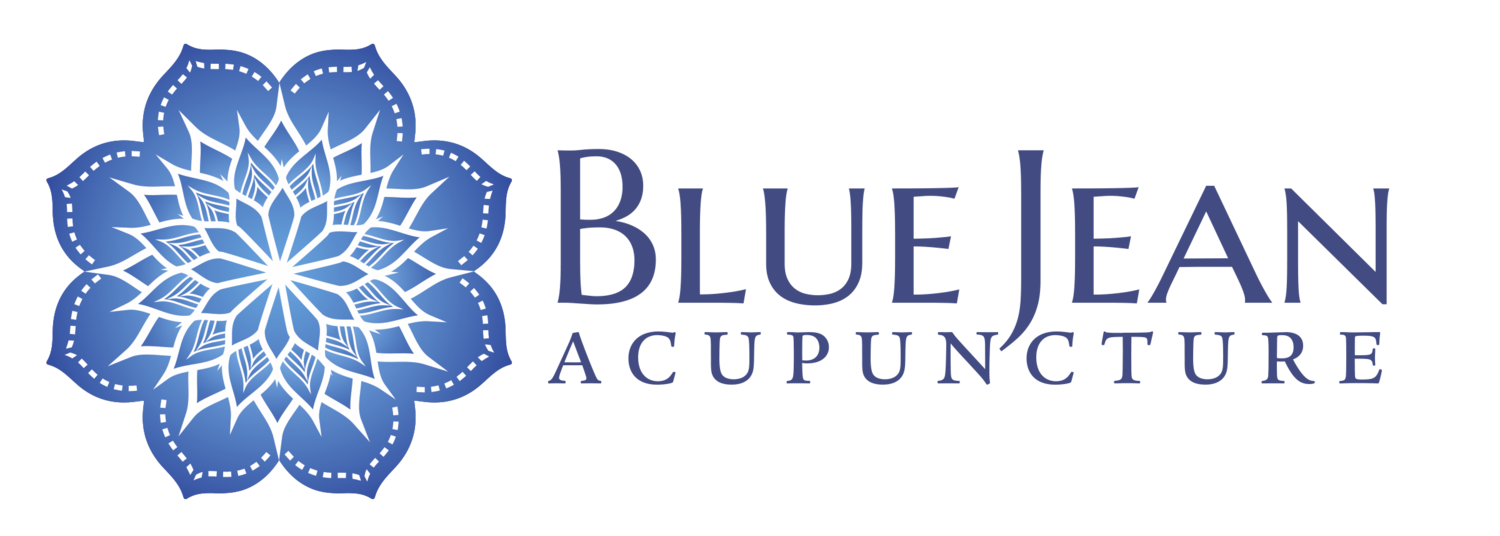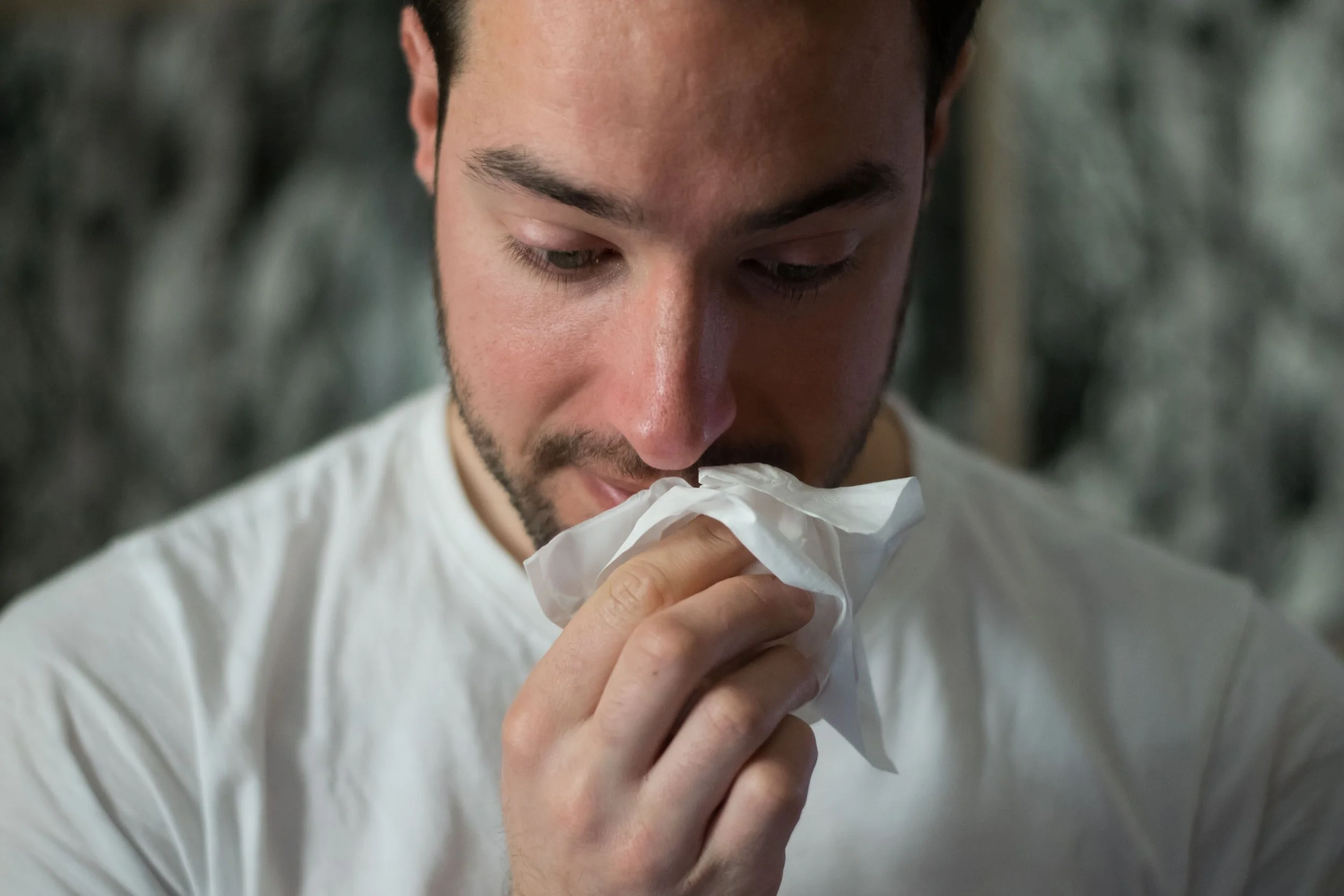Before anybody starts worrying, I just wanted to start this blog post off by saying I’m fine! Some of you may know that I got into a car accident a few weeks ago. I had just gone on a nice hike, and was headed home when suddenly I got into a collision with a drunk driver. I couldn’t believe how fast it happened. One moment everything was ok, and the next moment, wham! My air bag deployed and I could hear my car’s computer call for emergency assistance.
It all felt so surreal. I checked myself for injuries, and except for a small scrape on my arm from the air bag, I seemed to have come through mostly unscathed. Even still, over the next couple of days I could tell I wasn’t completely at 100% yet.
Car accidents can be such psychologically jarring events. So it’s especially difficult at that time to be having to juggle car repairs, insurance companies, doctor’s appointments and all the other details that have to be taken care of post-accident.
Thankfully I knew how to navigate the process since I’ve been taking care of car accident patients for years. I realized after I got my situation settled that it would be helpful to put that information out there for other people to use.
Hopefully you won’t ever need this information, but if you do it’s better to know what to do before it happens. First things first, when you get into a car accident, make sure that you and your passengers are ok. Very often you will feel ok right after the accident, but don’t assume that means everything is fine. Soft tissue damage, as in whiplash etc, isn’t felt until a day or two afterwards. It’s just like going to the gym after you haven’t been for a long time. You might not feel the pain and soreness in your neck and low back for a few days. So definitely get yourself checked out by a doctor. With injuries timing is everything and if you go sooner vs later your injuries are more responsive to treatment, and less likely to become chronic.
Another non medical reason you should see a doctor sooner vs. later is for legal reasons. If you’re needing to get your medical bills paid after an accident, many times insurance companies or lawyers may argue that you didn’t really need the treatment if you waited too long to seek help. So cover your bases, and see a doctor!
Most people carry car insurance with med pay, meaning you will likely not have to pay for your medical bills. Some insurance companies can even pay medical providers directly so that you never have to reach into your own pocket to cover your bills.
If the accident and your injuries are more severe you may want to go the route of hiring a lawyer. Some medical providers, including ourselves at Blue Jean Acupuncture will work on what’s called a lien. That means you never have to pay out of pocket for your medical bills. Your lawyer and your medical providers get paid from the settlement after your case has gone to court. That takes a lot of stress off of you. The last thing you should need to worry about when you’re injured is paying for medical bills. So getting the services of a lawyer, acupuncturist, chiropractor etc. on lien is often a great way to go.
Last, but not least, I wanted to remind you to treat yourself with kid gloves after an accident. You may or may not have a concussion, but they are more common than you would think. And you don’t have to actually hit your head to have a concussion. The force of the abrupt motion during a motor vehicle accident is enough for a concussion to occur.
So be on the safe side and treat yourself gingerly. A good way to recover from concussions is to make sure to avoid excessive stimulus as much as possible. That means avoiding crowds, violent movies or video games, stressful situations, etc.
Omega 3 and turmeric supplements calm inflammation, so they are a great choice to treat concussions. And even if you don’t have a concussion, they support your general health anyway so there would be no harm in taking them after an accident.










